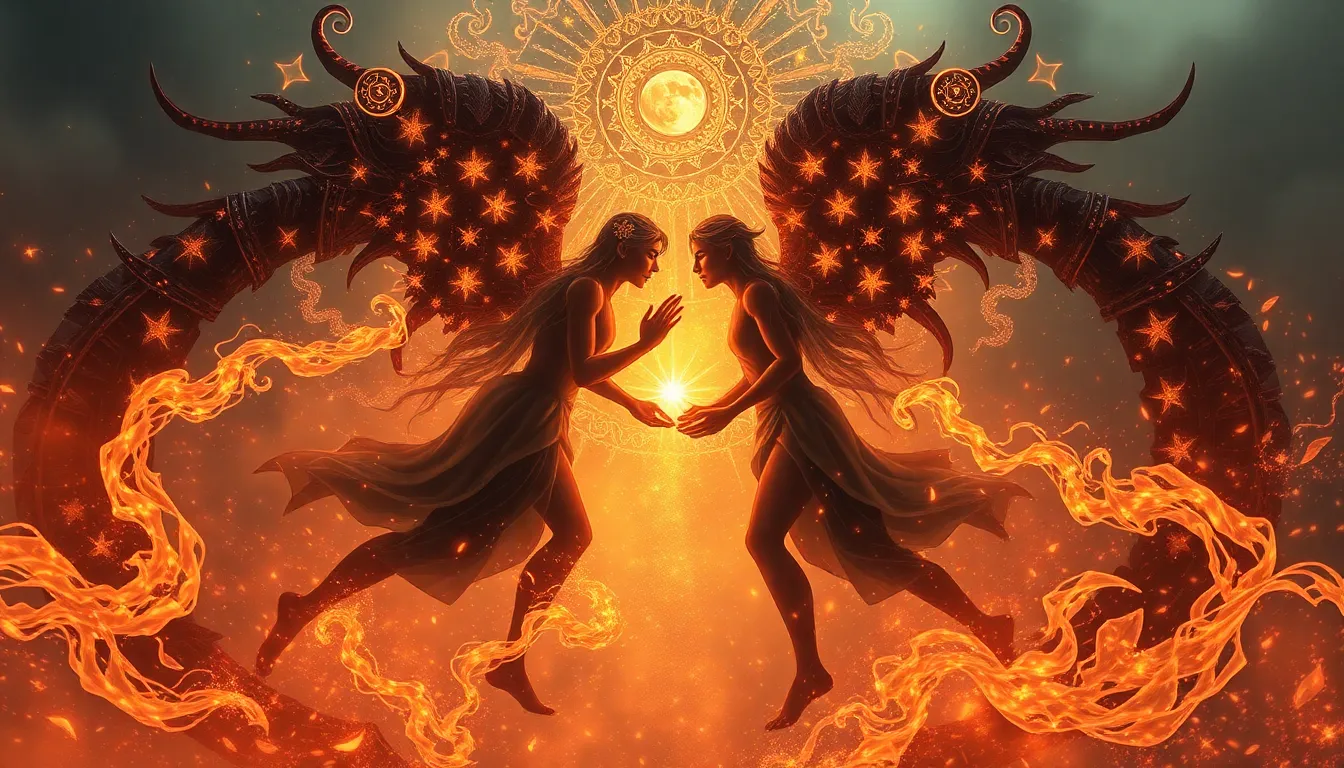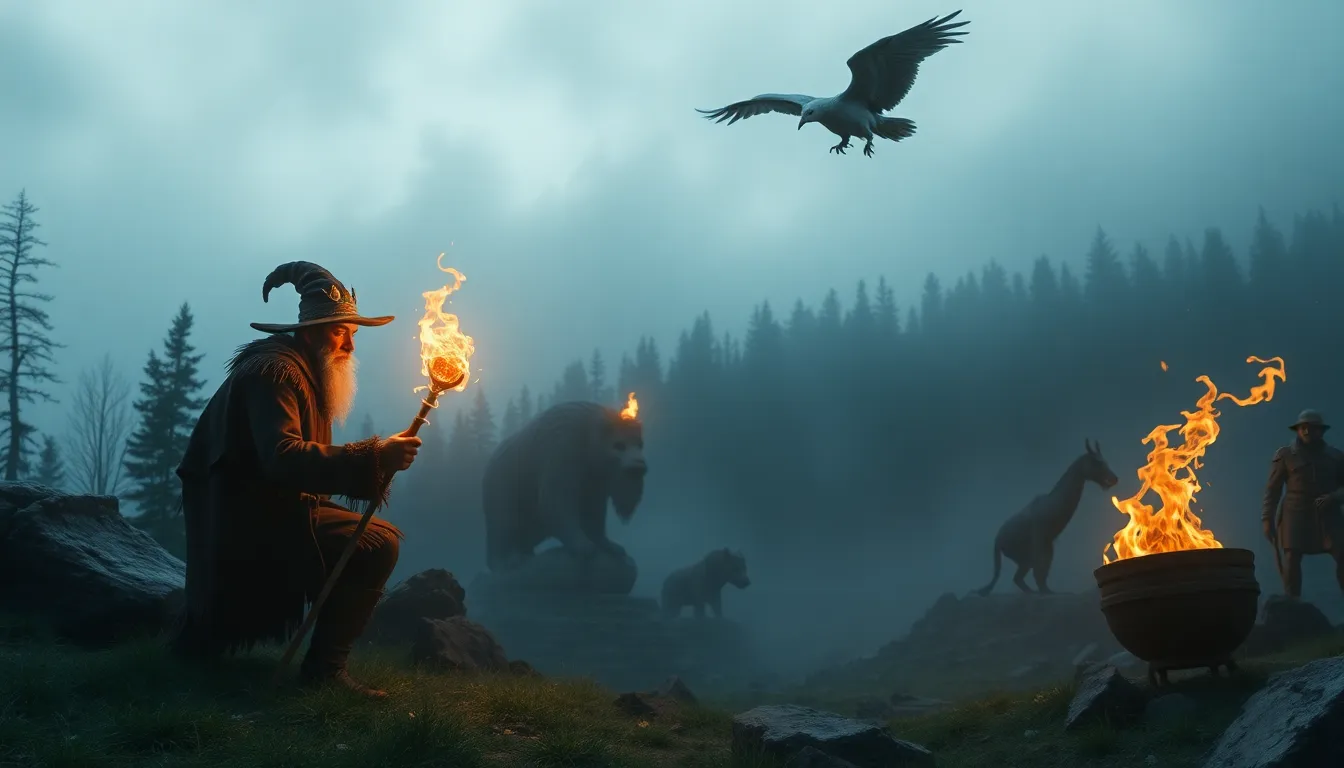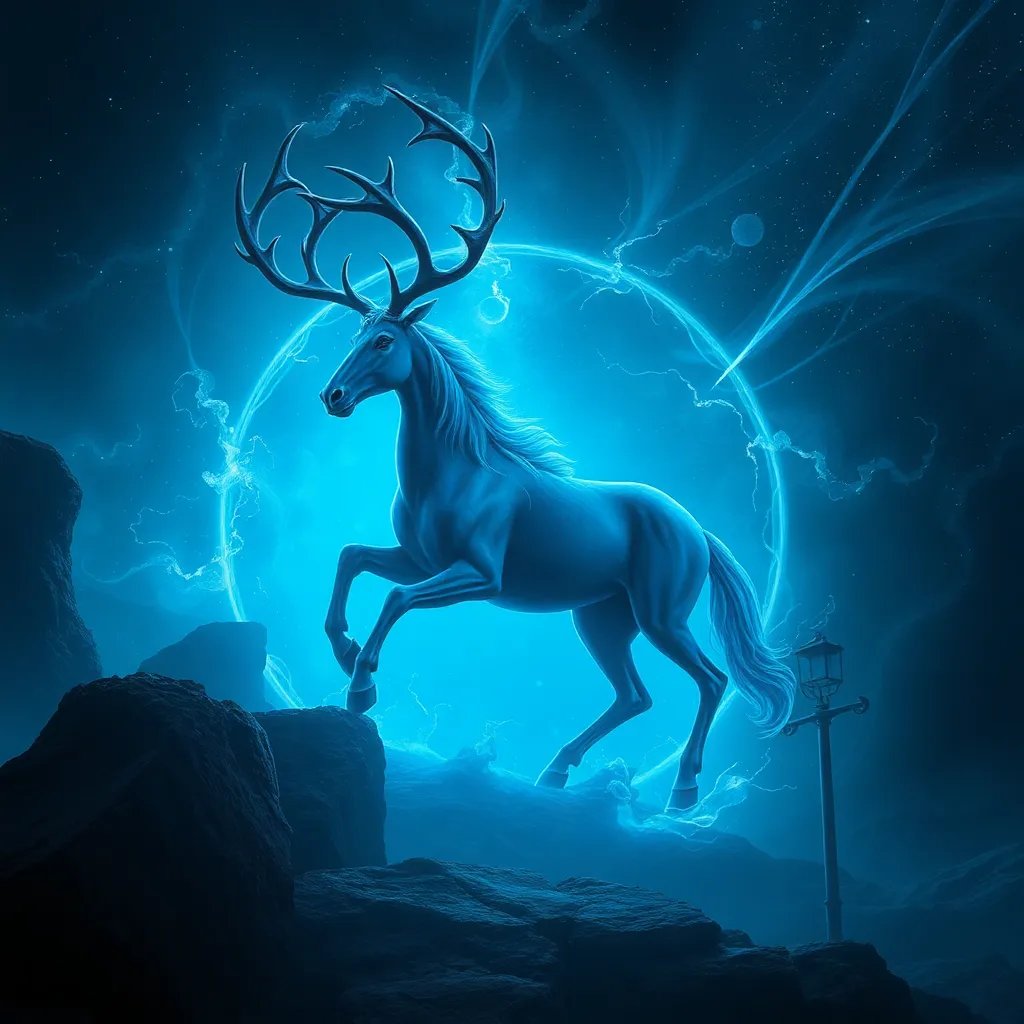The Heart’s Journey: Transformative Love Stories in Mythology
I. Introduction to Mythological Love Stories
Mythology, the collection of traditional stories that explain a culture’s beliefs and practices, serves as a window into the human experience. These narratives often feature gods, heroes, and legendary figures whose adventures resonate with universal themes. Among these themes, love stands out as a transformative force that shapes destinies and alters the course of lives.
This article explores various mythological love stories across cultures, illustrating how love can lead to personal growth, societal change, and even cosmic unity. Through examining archetypal narratives, we will uncover the profound impact of love in mythology and its enduring relevance in our understanding of human relationships.
II. The Archetype of Love in Mythology
Mythological love stories often share common themes and motifs, revealing the complexities of love and its capacity for transformation. These tales frequently depict:
- Passionate connections that defy societal norms
- Trials that test the strength of love
- Sacrifices made for the sake of love
- Reunion and separation as recurring motifs
Love in mythology serves both personal and collective transformation. It can lead individuals to discover their true selves or inspire communities to unite against adversity. However, these stories also contrast idealized love with real-life challenges, highlighting that love is not merely romantic but often fraught with trials, misunderstandings, and sacrifices.
III. Greek Mythology: Love that Changes Fate
In Greek mythology, love stories are rich with emotion and transformative power. They often reflect the interplay between human desires and the whims of the gods.
- Orpheus and Eurydice: The tale of Orpheus, a gifted musician, and his beloved Eurydice showcases the power of music and the depths of loss. Orpheus’s journey to the Underworld to retrieve Eurydice demonstrates the transformative nature of love, as he confronts death itself.
- Eros and Psyche: This story explores the trials Psyche endures to be with Eros, the god of love. The challenges she faces highlight the virtues of trust, patience, and perseverance, ultimately leading to her divine transformation.
- The transformative journey of Helen of Troy: Helen’s abduction by Paris ignites the Trojan War, illustrating how love can lead to both beauty and destruction. Her story reflects the profound consequences of desire and the complexities of human relationships.
IV. Roman Mythology: Passion and Sacrifice
Roman mythology offers its own unique perspectives on love, often intertwining passion with themes of conflict and sacrifice.
- Venus and Mars: The love affair between Venus, the goddess of love, and Mars, the god of war, exemplifies the interplay between desire and conflict. Their relationship embodies the dualities of love, illustrating how passion can coexist with chaos.
- Pygmalion and Galatea: This tale tells of a sculptor who falls in love with a statue he created. His devotion brings Galatea to life, symbolizing the transformative power of love and the blurring lines between reality and fantasy.
- The tragic love of Dido and Aeneas: Dido, the queen of Carthage, falls in love with Aeneas, a Trojan hero. Their love story ultimately ends in tragedy, highlighting the sacrifices made in the name of love and the often-painful consequences of fate.
V. Hindu Mythology: Divine Love and Cosmic Unity
Hindu mythology presents love as a divine force that connects human beings to the cosmos.
- Radha and Krishna: This legendary couple embodies spiritual love, representing the soul’s longing for the divine. Their relationship transcends earthly love, illustrating the union of the individual with the universal.
- Sita and Rama: The love story of Sita and Rama is one of loyalty and devotion. Sita’s trials in the epic Ramayana highlight the challenges faced by lovers and the strength required to overcome them.
- The transformative power of love in the Bhagavad Gita: Love in this sacred text transcends romantic notions, emphasizing duty, devotion, and the path to spiritual enlightenment.
VI. Norse Mythology: Love Beyond Life and Death
Norse mythology portrays love as a powerful, binding force that often defies the boundaries of life and death.
- Freyja: The goddess of love, Freyja, embarks on a journey through loss and resurrection, showcasing the transformative nature of love as she seeks to reclaim her lost beloved.
- The story of Sigurd and Brynhild: Their tale is one of love, betrayal, and fate, illustrating how love can lead to both triumph and tragedy, ultimately shaping the destinies of empires.
- The concept of love as a binding force: In Norse tales, love often acts as a glue that binds characters together, even amidst chaos and conflict.
VII. African Mythology: Love and Community
African mythology often emphasizes love as a communal force that unites people and fosters relationships.
- Yoruba mythology: The stories of Oshun, the goddess of love and fertility, highlight the power of femininity and the importance of nurturing relationships within the community.
- Anansi: In various tales, Anansi weaves intricate webs of relationships, showcasing how love and cunning can impact the community’s dynamics.
- Lessons of love in African folktales: Many African folktales impart moral lessons about love, community, and the transformative power of relationships, emphasizing the interconnectedness of all beings.
VIII. Asian Mythology: Love as a Force of Nature
Asian mythologies frequently portray love as a natural phenomenon that shapes the world around us.
- The tale of Chang’e and Hou Yi: Their story of sacrifice and longing reflects the deep emotional currents of love, transcending physical existence and resulting in a celestial connection.
- Japanese mythology: The love stories of deities like Amaterasu illustrate the balance of light and dark, emphasizing how love can bring harmony and chaos in equal measure.
- The transformative nature of love in Buddhist teachings: Love is often seen as a path to enlightenment, promoting compassion and interconnectedness among all beings.
IX. The Legacy
Mythological love stories continue to resonate across cultures and generations, offering timeless insights into the human experience. They remind us that love, in its many forms, has the power to transform lives, shape destinies, and connect us to one another and the universe. Through these narratives, we gain a deeper understanding of our own relationships and the profound impact of love on our journey through life.



